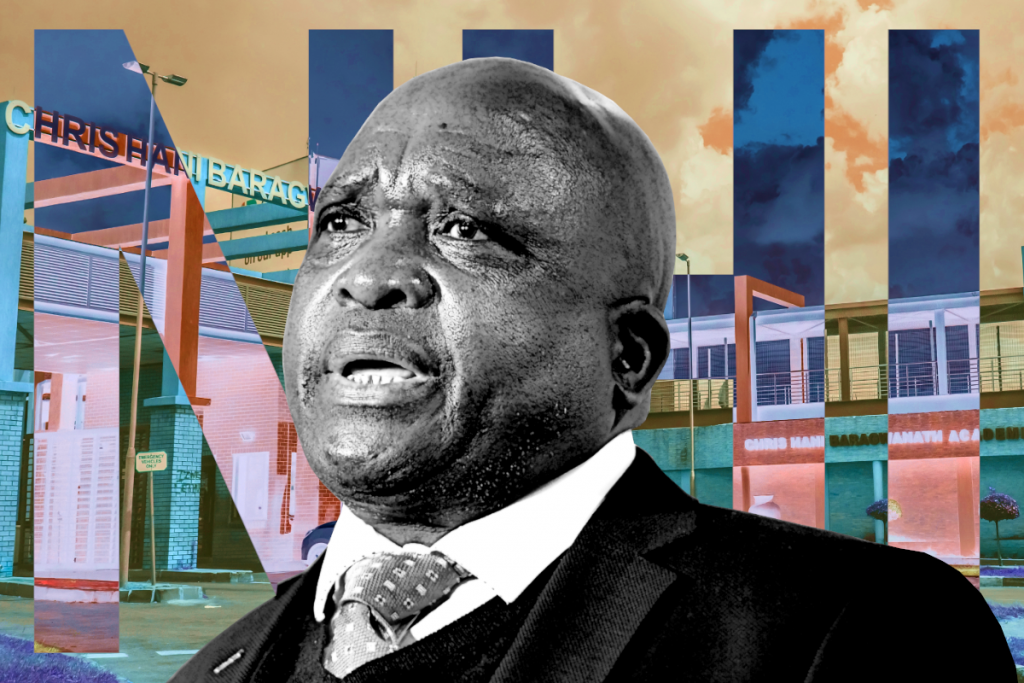
As South Africa navigates the complex landscape of healthcare reform, Health Minister Joe Phaahla’s recent statements during the State of the Nation Address (SONA) have sparked debate and raised concerns regarding the future of the National Health Insurance (NHI) scheme. While President Cyril Ramaphosa expressed eagerness to sign the NHI into law, doubts persist about the feasibility and effectiveness of the proposed system.
Phaahla’s reassurances about the NHI’s success in the hands of the government have been met with skepticism, particularly in light of recent revelations from the Auditor General’s report. Despite claims of impeccable audits within the public health sector, the reality painted by the AG’s findings is less rosy. A significant portion of auditees, including the National Department of Health, failed to provide credible evidence for their reported achievements, casting doubt on Phaahla’s assertions of unqualified success.
Moreover, the Auditor General’s report underscores deeper systemic issues within the healthcare sector, with facilities struggling to meet the demands for services while citizens’ safety and security remain compromised. This challenges the narrative of a smoothly functioning healthcare system ready to embrace the NHI.
Critics of the NHI point to the government’s track record of mismanagement in overseeing state-run enterprises, citing the collapse or corruption-riddled fates of major national companies. Against this backdrop of economic and infrastructural crises, concerns about the NHI’s viability under government stewardship are amplified.
Ironically, Phaahla’s praise for the private sector’s collaboration in the Covid-19 vaccination campaign contrasts with the sector’s skepticism towards the NHI. Many within the private sphere view the current NHI framework as unworkable, highlighting significant funding uncertainties.
While the government proposes redirecting resources and increasing taxes to fund the NHI, questions linger about the sufficiency of these measures. Estimates suggest that even with substantial tax hikes, the NHI’s per capita coverage would pale in comparison to existing private medical schemes, potentially leaving many South Africans with diminished healthcare access.
Despite these concerns, some experts believe that fears surrounding the NHI may be overstated. Efficient Wealth suggests that political motivations may drive initial support for the NHI, only for enthusiasm to wane post-election. Legal challenges and funding uncertainties further cloud the NHI’s prospects, potentially leading to delays in its implementation.
Sage, echoing these sentiments, predicts a prolonged implementation timeline as the government grapples with logistical and financial hurdles. Balancing the need for additional revenue with the strain on an already burdened healthcare system presents a formidable challenge for policymakers.
In conclusion, while the NHI holds promise as a means to achieve universal healthcare in South Africa, its successful implementation hinges on addressing fundamental issues of governance, funding, and collaboration between the public and private sectors. As the nation continues to debate the merits and pitfalls of healthcare reform, the path forward remains uncertain, with the health and well-being of millions hanging in the balance.
This website uses cookies.